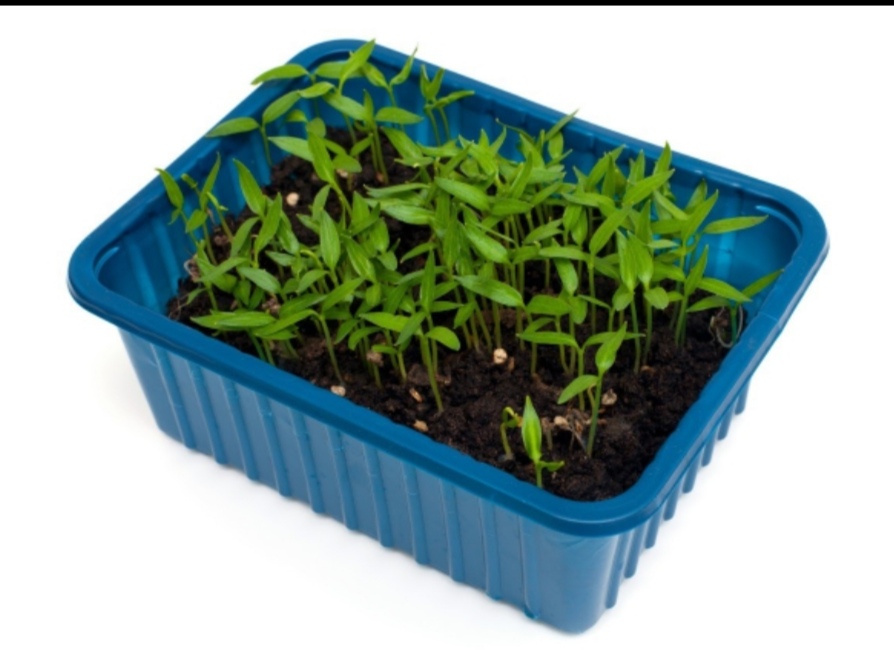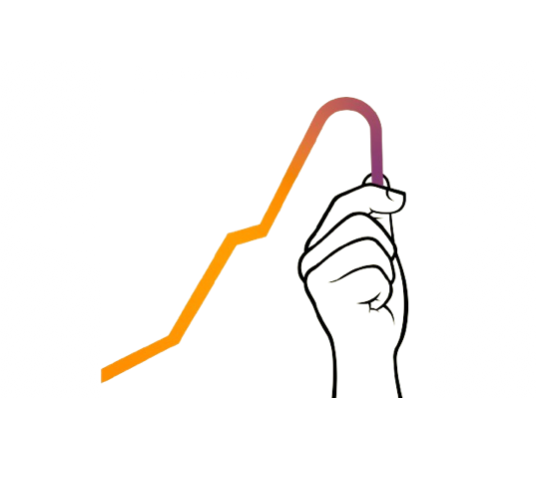THE EARTH IS WHAT WE ALL HAVE IN COMMON.
20TH OF APRIL, also known as the EARTH DAY. A day where we celebrate our planet earth, be thankful for what it provides which is basically everything. Through this earth day we would like to share our little journey. When you learn something new, it’s like you are venturing onto a new journey. In this journey of plastic waste management, we are near to end, the end point being we are following these alternatives and solutions religiously not for anyone else but ourselves. In this article we’ll come across some known, unknown, old or new alternatives which have some “ramban” effects.
Let’s start with pizzas. When ordering pizza say NO to the little plastic table that we find in the middle of our pizzas, also known as pizza saver. I agree as the name suggests it SAVES the pizza from the top of the box touching it but do we really need it? Can’t we do without the pizza Saver? Just Cary the pizza well and that should help. The delivery person tries their best to deliver you your pizza ASAP. Think about all the marine animals that are going to eat the micro plastics that pizza saver is going to produce. It won’t be just a pizza saver, it would also be the cause of the death of those marine animals.

Now that we are on the topic of food let’s talk about our cookwares. Cookwares coated with Teflon or other resins give of toxic perfluorochemicals when heated which is considered to be toxic for our health. Instead of using these, we can use stainless steel and cast-iron utensils as a solution which are definitely healthier than the Teflon cookware.

Plastic containers are very convenient to use hence are used majorly. As conscious citizens we must replace plastic containers with steel or stainless steel containers. Replacing our plastic lunch boxes with stainless lunchboxes is one such method which has an additional advantage of a food being warmer for a longer time as compared to plastic lunch boxes. If we have plastic lunch boxes we can reuse it for plantation. Do you remember that one time when you used a plastic box to carry homemade fresh and hot food but because of the temperature of the food the plastic melted. Well, the melted plastic entered your food as micro plastics and you consumed it. I am sure you don’t want to do it again.

Are you a good laundrymen or woman? Most of us use plastic pegs to hold our clothes for drying instead we can also use wooden pegs or steel pegs. Instead of the plastic hangers we can also use the wire hangers. Almost any type of hanger is better than plastic hangers. Switching to metal steel hangers which are 100% recyclable and not to mention usually last longer than the flimsy plastic hangers have better result in all directions.

We all have used a pen at least once in our lives. Pen is mightier than the sword they say. Pens are made up of plastic and are as bad as plastic bags or plastic bottles. Society has used disposable plastic pens for over 50 years. A plastic pen will cost you 10 to 20 bucks and refill will cost you around five. What is a better buy, a pack of pens which is Rs.10-Rs.20 each or a pack of refills? One can calculate on their own. Another alternative for plastic pen is a fountain pen. Most fountain pens come with different sized nibs and there are so many different colours to choose from. Refilling fountain pens with ink is extremely easy.
Bamboo is an eco-friendly alternative to plastics. The characteristic features of bamboo make it a potential substitute for the plastic goods. The bamboo grass is abundantly available throughout India. Specific measures can increase its production worldwide. It is a natural organic substance and it does not require pesticides, fertilisers and irrigation for its growth. A bamboo stem is a very useful material from which we can make a wide range of usable goods. Bamboos are biodegradable and therefore ecofriendly making it’s disposability hasslefree. They also have natural antimicrobial property. Some products made of bamboos are bamboo combs, furniture from the bamboo cane, bamboo shower curtain, bamboo boxes for packaging, bamboo made showpieces, bamboo pens. Who does not want to ensure a healthy environment for their generation so as an endeavour towards a better world, let us adore bamboo.
Coronavirus or COVID-19. There is no one in the world present today who does not know what this is. We have gone through a lot of hassle and still are going through this phase. According to the CPCB annual report of 2016, total quantity of biomedical waste generation in our country is approximately 517 tonnes per day. Now that we are going through the pandemic there is increased amount of biomedical waste production because of the masks, PPE kits, blood bags etc.

Segregate your plastic and don’t litter in the first place. It is better to segregate our waste before handling it to the waste collector. 2/3 of the plastic generated ends up in the oceans. This waste comes from being left on the beach (beach litter) or the litter that flows down the drains of towns and cities.

Recycling and use of plant-based packaging (sugarcane, bagasse, palm leaves, cornstarch, sorghum) can also be an effective method of reducing plastic waste.




